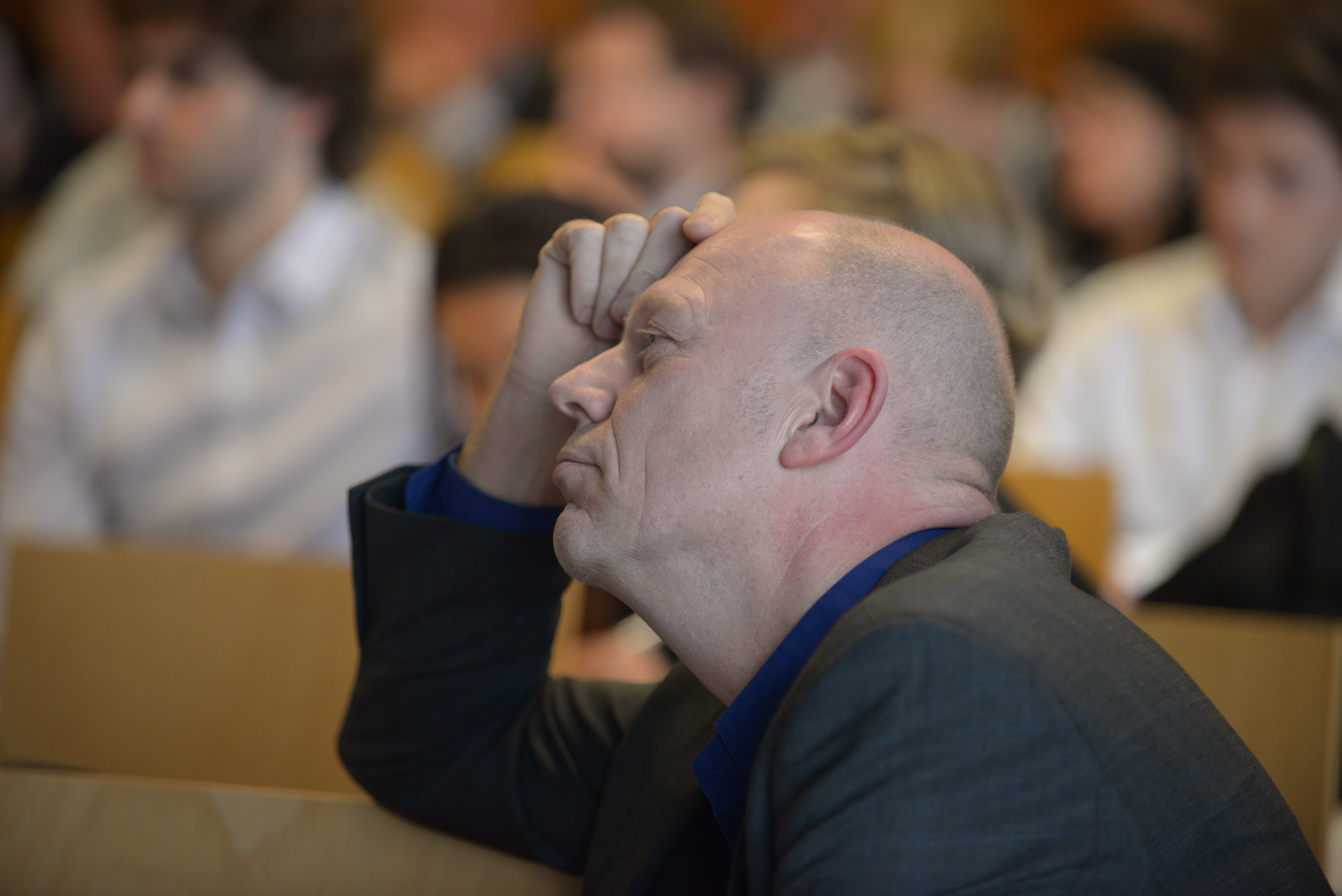Diederik Bruins Slot
Create a free QxMD account to take advantage of the features offered by Read like saving your papers and creating collections.
Explore historical records and family tree profiles about Anna Slot on MyHeritage, the world's family history network. Hanke Bruins Slot December 21 at 7:15 AM Opdat Wij Niet Vergeten. Vandaag mocht ik een krans namens het pro. Vinciebestuur leggen bij de 21e herdenking van de 52 omgekomen Utrechtse.
BACKGROUND: Early mobilisation after stroke is thought to contribute to the effects of stroke-unit care; however, the intervention is poorly defined and not underpinned by strong evidence. We aimed to compare the effectiveness of frequent, higher dose, very early mobilisation with usual care after stroke.
METHODS: We did this parallel-group, single-blind, randomised controlled trial at 56 acute stroke units in five countries. Patients (aged ≥18 years) with ischaemic or haemorrhagic stroke, first or recurrent, who met physiological criteria were randomly assigned (1:1), via a web-based computer generated block randomisation procedure (block size of six), to receive usual stroke-unit care alone or very early mobilisation in addition to usual care. Treatment with recombinant tissue plasminogen activator was allowed. Randomisation was stratified by study site and stroke severity. Patients, outcome assessors, and investigators involved in trial and data management were masked to treatment allocation. The primary outcome was a favourable outcome 3 months after stroke, defined as a modified Rankin Scale score of 0-2. We did analysis on an intention-to-treat basis. The trial is registered with the Australian New Zealand Clinical Trials Registry, number ACTRN12606000185561.
FINDINGS: Between July 18, 2006, and Oct 16, 2014, we randomly assigned 2104 patients to receive either very early mobilisation (n=1054) or usual care (n=1050); 2083 (99%) patients were included in the 3 month follow-up assessment. 965 (92%) patients were mobilised within 24 h in the very early mobilisation group compared with 623 (59%) patients in the usual care group. Fewer patients in the very early mobilisation group had a favourable outcome than those in the usual care group (n=480 [46%] vs n=525 [50%]; adjusted odds ratio [OR] 0·73, 95% CI 0·59-0·90; p=0·004). 88 (8%) patients died in the very early mobilisation group compared with 72 (7%) patients in the usual care group (OR 1·34, 95% CI 0·93-1·93, p=0·113). 201 (19%) patients in the very early mobilisation group and 208 (20%) of those in the usual care group had a non-fatal serious adverse event, with no reduction in immobility-related complications with very early mobilisation.

INTERPRETATION: First mobilisation took place within 24 h for most patients in this trial. The higher dose, very early mobilisation protocol was associated with a reduction in the odds of a favourable outcome at 3 months. Early mobilisation after stroke is recommended in many clinical practice guidelines worldwide, and our findings should affect clinical practice by refining present guidelines; however, clinical recommendations should be informed by future analyses of dose-response associations.
FUNDING: National Health and Medical Research Council, Singapore Health, Chest Heart and Stroke Scotland, Northern Ireland Chest Heart and Stroke, UK Stroke Association, National Institute of Health Research.
Full Text Links

Discussion
You are not logged in. Sign Up or Log In to join the discussion.
Related Papers
Want full text access to this paper?
Use Read by QxMD to access full text via your institution or open access sources.
Read also provides personalized recommendations to keep you up to date in your field.
New to Read
to do something about the shortage of medicines at pharmacies, the CDA Saturday, presenting a plan of action. For drugs for which no good alternative means is, would health insurers and manufacturers binding agreements have to be made about the inventories. The party calls this “the critical geneesmiddelenlijst’.
Last week warned the Faculty that patients their treatment should cease, because there is a shortage of the drug sulfasalazine. Earlier survey showed that of apothekersorganisatie KNMP that 75 percent of pharmacist assistants has to deal with irate customers due to the lack of medicines.
The CDA wants that wholesalers and pharmacists hefty fines should be given if they sell you no. “The last few years the inspection that has not been done,” said Member of parliament Bruins Slot in the program WNL on Saturday.
Diederik Bruins Slot Machine
The number of drugs that are not or hardly available, threatens this year to take up to 750. It may, for example, dexamphetamine (ADHD), and Thyrax Duotab (thyroid). To 2010 period, the number of annually between 100 and 200, last year it started to 625 species.